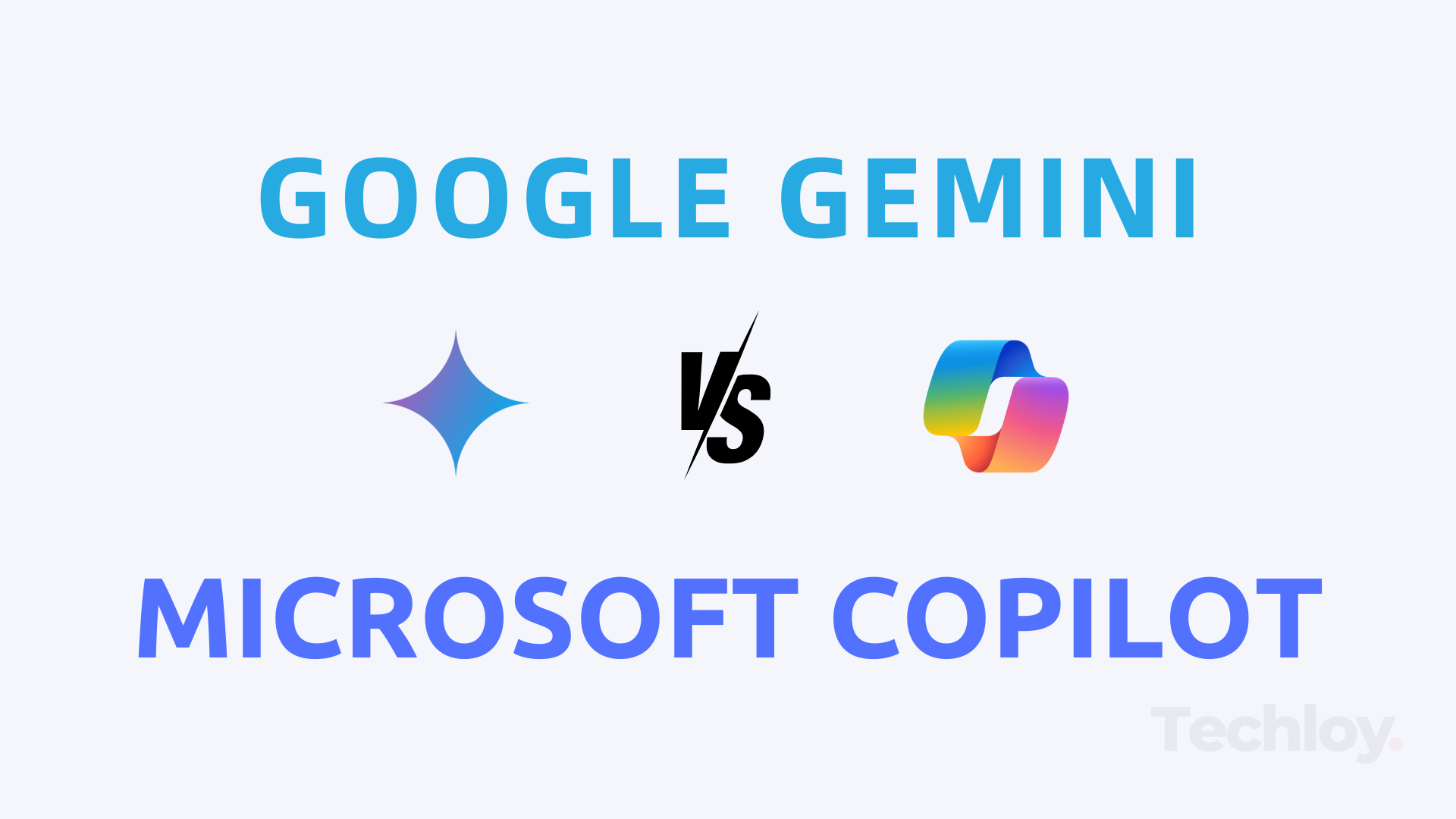INFOGRAPHIC: Google Gemini vs Microsoft Copilot - Which AI Assistant Is the Best?

Artificially intelligent assistants are the new common denominator between almost every major tech company. According to Precedence Research, the global artificial intelligence (AI) market size will be at $638.23 billion in 2024, so it's not surprising almost everyone wants to tap into that potential.
Google and Microsoft have dedicated workspaces and launched their AI models that perform many of the same functions. But which AI model does it better, Google's Gemini or Microsoft's Copilot?
Overview
Google's Gemini was launched in December 2023 and was primarily a better and rebranded version of Bard AI, Google's former AI model. Google offers Gemini, a replacement for Google Assistant on many phones, giving users their mobile AI-powered virtual assistant.
Microsoft 365 Copilot, originally known as Bing Copilot, was designed to assist users in navigating search results more efficiently. Powered by OpenAI's GPT-4, it has evolved to serve as a versatile assistant across Microsoft's suite of applications and the broader internet.
1. Performance and Use Case
Both AI chatbots are designed to cater to users' needs but in different ways. They are capable of basic AI tasks like text generation, but each has aspects in which it specializes.
Google Gemini is more capable when it comes to brainstorming sessions. It allows users to bounce ideas around and explains topics effectively. While Gemini isn't the most creative AI bot available, it arguably helps users unlock their creativity.
As mentioned, Microsoft Copilot was designed to help users navigate search results more efficiently. It excels at summarizing information from the internet and relaying information from the web. Copilot makes internet browsing easier by condensing information while still providing references to sources, making it particularly useful for research.